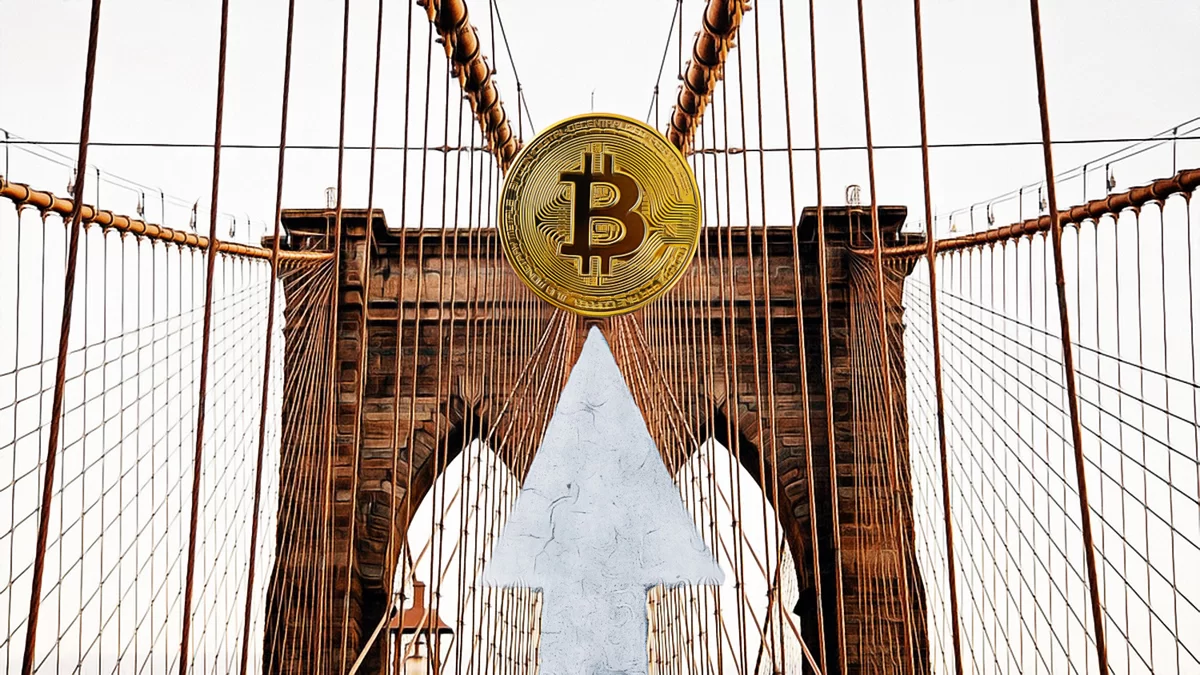Global asset management firm Bernstein, in its latest research report published today, has revealed that Grayscale, operator of the largest Bitcoin (BTC) asset management product, with a $19 billion BTC trust (GBTC), could see its position threatened following the news of investment giant Blackrock filing for a spot Bitcoin exchange-traded fund (ETF) in the U.S. The report underscored the immense importance of a spot Bitcoin ETF for the leading cryptocurrency.
Bernstein Analysts: Spot Bitcoin ETF Extremely Important
According to Bernstein analysts, despite Grayscale’s product being highly inefficient, illiquid and trading at a high negative premium over the last 28 months, it generates around $380 million in annual income from transaction fees.
Although the U.S. Securities and Exchange Commission (SEC) has approved multiple Bitcoin futures ETFs, it has yet to greenlight a spot Bitcoin ETF, despite numerous applications. Blackrock’s iShares division, the world’s largest asset management firm, applied earlier this month to the SEC to offer a spot Bitcoin ETF. Blackrock’s move has prompted other leading asset management firms like Invesco and Wisdom Tree to apply or reapply to the SEC to offer a spot Bitcoin ETF.

Led by Gautam Chhugani, Bernstein analysts noted, “If BlackRock and others manage to overcome the spot ETF market barrier, the most suitable, compliant and acceptable product for exposure to Bitcoin for both individual and institutional players is on the horizon,” highlighting the importance of a spot Bitcoin ETF.
Grayscale Bitcoin Trust Open to Revision, According to Bernstein Analysts
Bernstein pointed out that Grayscale Bitcoin Trust only constitutes about 3% of the total Bitcoin market value, which means it has enough room to increase its share as a Bitcoin ramp that solves the custody problem of a compliant ETF.
The report indicated that with GBTC‘s current annual transaction fee of 2%, there is room to bring pricing in line with traditional asset ETFs. Traditional asset ETFs tend to have significantly cheaper transaction fees, often less than 0.5%.









